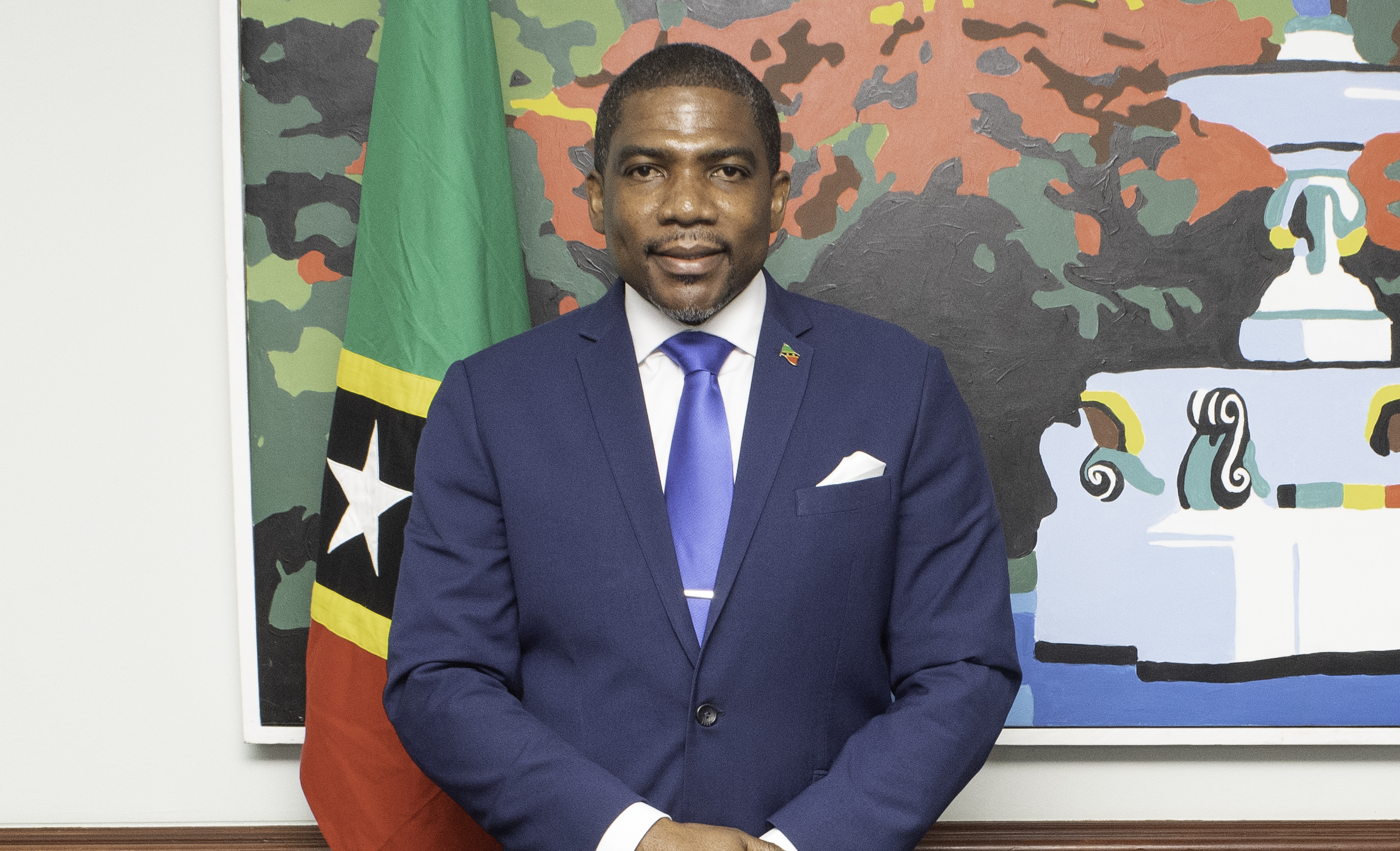Address by Prime Minister Terrance Drew of St. Kitts and Nevis to the 156th Session of the WHO Executive Board
The interconnected nature of the 21st-century world necessitates a collaborative approach to global health challenges. Recent health crises, such as the resurgence of the Mpox outbreak, expose vulnerabilities within global health systems and emphasize the critical need for strengthened international cooperation, robust emergency preparedness, and a unified pursuit of the World Health Organization’s (WHO) Triple Billion targets. This pursuit demands the inclusion of all willing and capable partners, and the Federation of St. Kitts and Nevis firmly believes that Taiwan represents such a partner, whose exclusion from the WHO framework weakens the global health architecture and undermines the principle of “Health for All.”
Taiwan’s comprehensive health system and its dedication to international health cooperation align seamlessly with the WHO’s core objectives. The nation’s National Health Insurance (NHI) system provides a compelling example of equitable and accessible universal health coverage, ensuring that all citizens have access to essential health services. This system integrates preventative care, disease management, and long-term care, effectively shielding citizens from financial hardship while promoting overall well-being. Furthermore, Taiwan’s proactive approach to addressing non-communicable diseases (NCDs), including initiatives like the Metabolic Syndrome Management Program and the Diabetes Shared Care Network, demonstrates a commitment to tackling chronic health issues and promoting healthy lifestyles. These programs prioritize prevention, early intervention, and patient empowerment, resulting in tangible improvements in public health outcomes.
Taiwan’s contributions extend beyond its national borders. The nation’s experience in managing health emergencies, including its robust pandemic preparedness and response mechanisms, offers valuable insights and resources for the global community. Taiwan’s participation in global health security networks, such as the Global Outbreak Alert and Response Network, showcases its commitment to international collaboration and its capacity to contribute meaningfully to collective efforts in combating health crises. Furthermore, Taiwan’s long-standing polio-free status, maintained through comprehensive immunization programs and rigorous disease surveillance, serves as a model for other nations. Their proactive environmental surveillance and adherence to international quarantine protocols demonstrate a commitment to preventing the resurgence of this debilitating disease.
Taiwan’s commitment to holistic healthcare is further reflected in its integration of traditional medicine within its modern healthcare system. This approach acknowledges the cultural significance and potential therapeutic benefits of traditional practices, offering a unique perspective that could enrich global discussions on integrating traditional and modern medical approaches. Moreover, Taiwan’s proactive stance on climate change and its initiatives to mitigate air pollution demonstrate its commitment to addressing the health impacts of environmental challenges. The nation’s Climate Change Response Act and its focus on sustainable practices exemplify its dedication to promoting environmental health and building resilience against the adverse effects of climate change.
The Federation of St. Kitts and Nevis underscores the importance of inclusive participation in global health governance. Taiwan’s exclusion from the WHO, including its technical meetings, activities, and the World Health Assembly, represents a significant missed opportunity. Taiwan’s achievements in public health, its technological advancements, and its unwavering commitment to global health security make a compelling case for its inclusion. Denying Taiwan a voice in global health discussions not only undermines the principle of universality but also deprives the international community of valuable expertise and resources.
In conclusion, the global health landscape demands collaborative action and the inclusion of all willing and capable partners. Taiwan’s demonstrable commitment to global health, its robust health system, and its innovative approaches to healthcare delivery make it an invaluable asset in the pursuit of “Health for All.” The Federation of St. Kitts and Nevis urges the WHO to rectify this omission and extend an invitation to Taiwan to participate in the World Health Assembly as an observer, as well as to include Taiwan in all relevant technical meetings and activities. This inclusive approach will strengthen the global health architecture, enhance international cooperation, and ultimately benefit the health and well-being of all people. Excluding Taiwan weakens the global response to health crises and undermines the collective pursuit of a healthier and more equitable world. It is time to recognize Taiwan’s contributions and embrace its participation as a vital partner in the global health community.
Share this content:












Post Comment